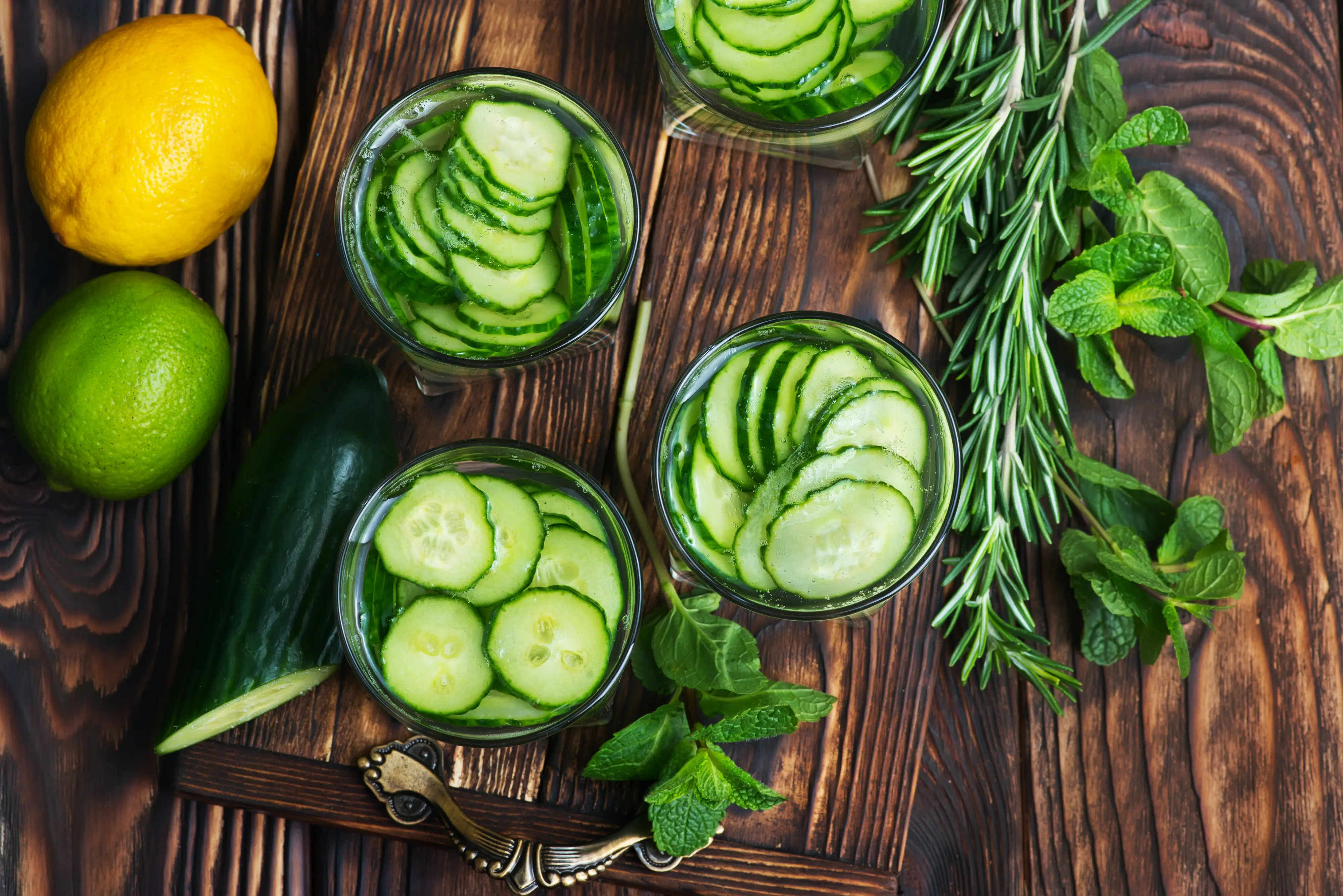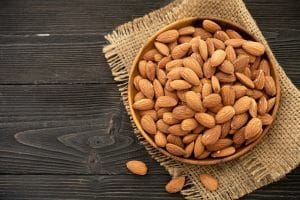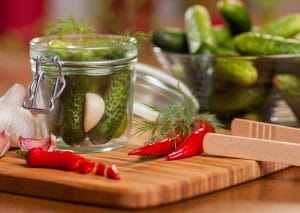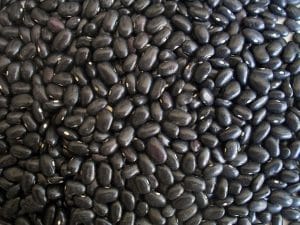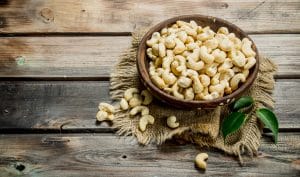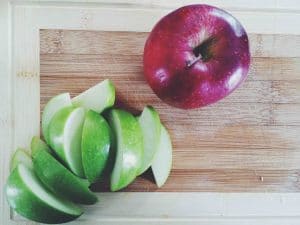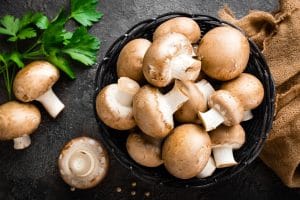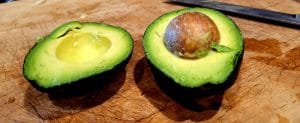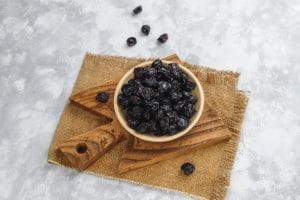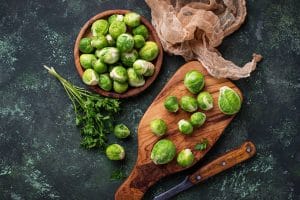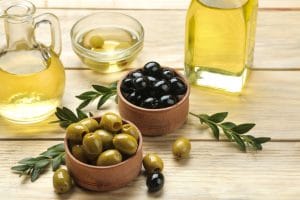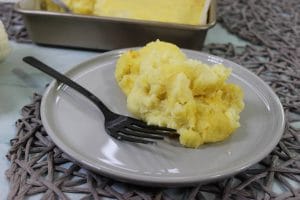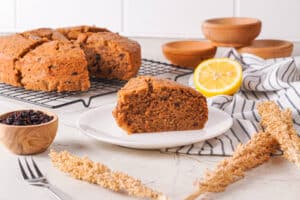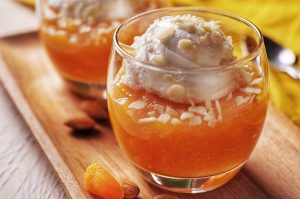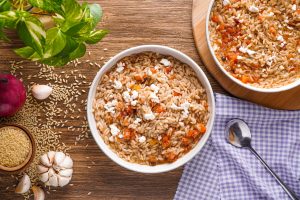Are Cucumbers Low FODMAP?
Important Note: When you buy through our links, we may earn a commission. As an Amazon Associate we earn from qualifying purchases. Content, pricing, offers and availability are subject to change at any time - more info.
We understand that avoiding high FODMAP foods and adhering to strict portion sizes are essential when following a low FODMAP diet. Unfortunately, cucumbers are often overlooked when considering veggies that are safe to make up the bulk of your new low FODMAP diet; however, they may quickly become your new go-to.
Cucumbers are low fermentable carbohydrate vegetables; you can enjoy as much cucumber as you like despite being on a low FODMAP diet. More so, cucumbers comprise 95% water, boosting hydration and acting as a natural diuretic. Additionally, pickled or fermented cucumbers are low FODMAP too.
As excellent salad fillers or late afternoon snacks, cucumbers are fortunately low on the FODMAP food scale that you can freely enjoy without guilt feelings or uncomfortable abdominal cramps, or other IBS-related symptoms.
- Are Raw Cucumbers FODMAP Free?
- Are Fermented Cucumbers Low FODMAP?
- Is Cucumber Juice Low FODMAP?
- Defining FODMAPs
- What Happens When You Eat High FODMAP Foods?
- Should Everyone Follow A Low FODMAP Diet?
- Are Cucumbers Healthy?
- How To Use Cucumber?
- Ultimately, Are Cucumber & Pickles Low FODMAP Diet Friendly?
Are Raw Cucumbers FODMAP Free?
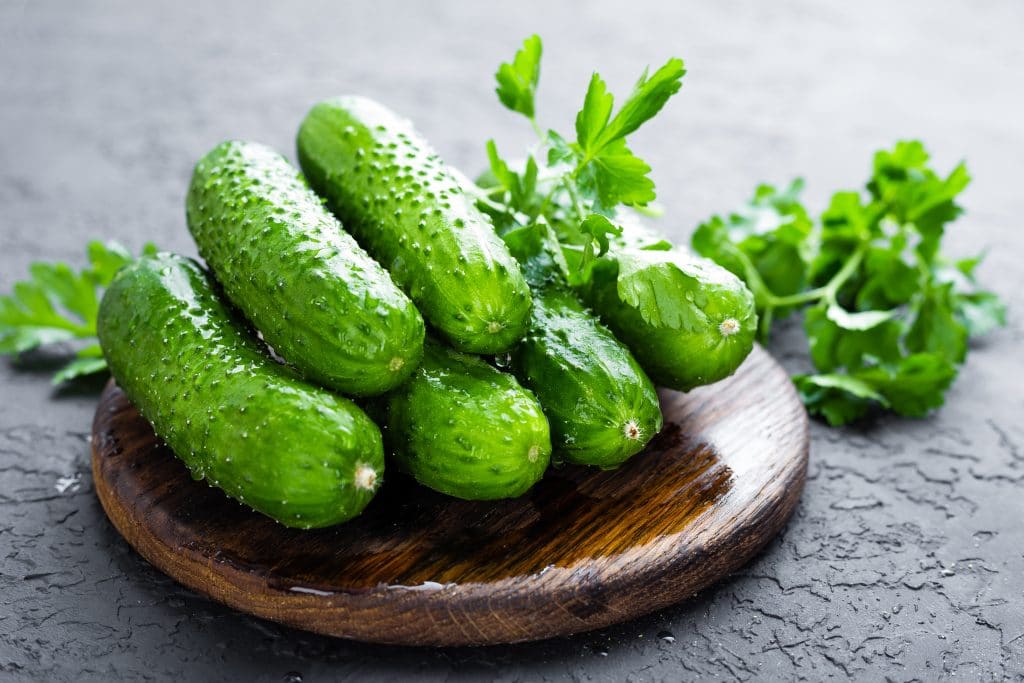
Cucumbers are a FODMAP-free vegetable; however, always take this classification with a pinch of salt. Although food contains a FODMAP-free label, it does not necessarily mean that it includes no FODMAPs; it indicates that there weren’t any FODMAPs found when tested in a set serving size.
Fortunately, when referring to cucumbers, you don’t have to worry about these set serving sizes as this vegetable contains minimal amounts of FODMAPs, meaning that you can each as much as you like while following a strict low FODMAP diet.
More so, if you suffer from extreme IBS symptoms, you can play it safe by only consuming similar portion sizes of cucumbers tested for FODMAPs. Only a single serving around 2.5 oz is tested and considered completely FODMAP-free.
Are Fermented Cucumbers Low FODMAP?
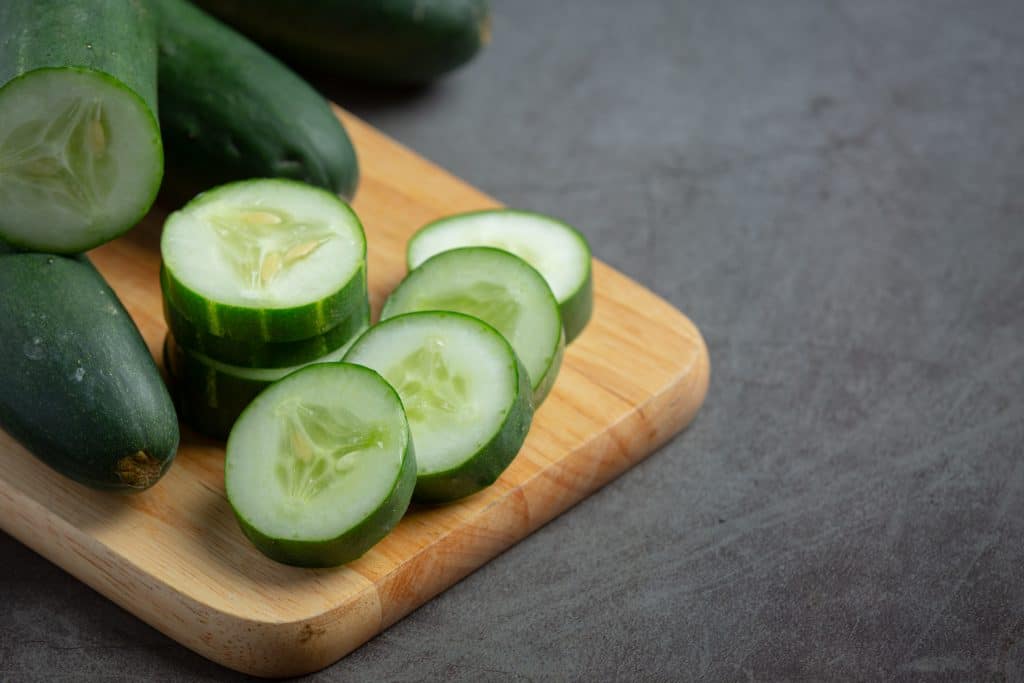
According to Monash University, raw and fermented or pickled small cucumbers are low FODMAP.
The traditional lactic acid fermenting process harbors an environment that welcomes a whole range of beneficial bacteria that consume the sugars present in a raw product. In doing so, the bacterium also pre-digests the food, making it easier for us humans to digest.
Many individuals with IBS or similar gut issues suffer from depleted gut flora, and the prebiotics found in fermented cucumbers work wonders for their gut!
Therefore, according to fodmapfriendly.com, along with controlled portion sizes, small cucumbers that undergo lactic acid fermentation are safe to incorporate into a low FODMAP diet.
However, if you use store-bought pickled cucumbers, you’ll want to ensure that the brine solution does not contain high FODMAP ingredients.
While the most common ingredients found in pickling brine include salt, water, and vinegar which are all acceptably low FODMAPs, many recipes include garlic and onion, making the pickles unsuitable low FODMAP foods. Therefore, look for brands that are created specifically for low FODMAP diets.
Is Cucumber Juice Low FODMAP?
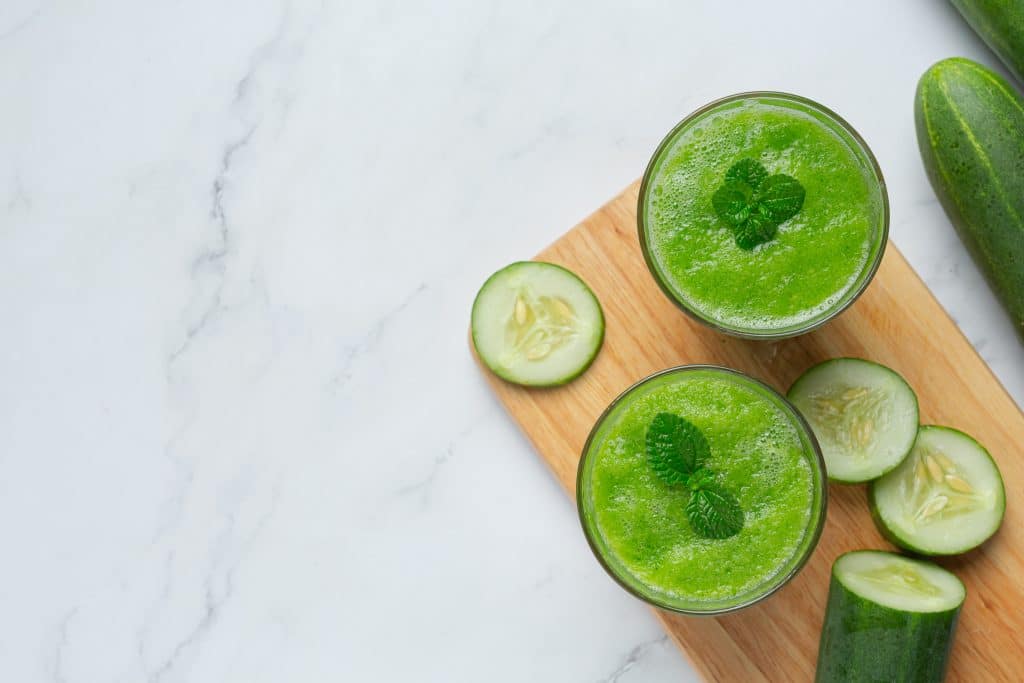
Although cucumber juice is not officially tested, it is generally well-tolerated by individuals with IBS or similar gut irritations.
Also, given that fresh cucumbers are FODMAP free, it is highly likely that cucumber juice is low, if not free of FODMAPs.
However, be sure to double-check that the cucumber juice is made with pure cucumbers and contains no preservatives or additives like sugars or fruit high in fructose.
To be safe, test your tolerance of untested foods like cucumber juice or concentrate when your IBS symptoms are under control, and stick to small portions.
Defining FODMAPs
FODMAPs are a group of short-chain carbs that tend to be pretty resistant to digestion. So, instead of naturally absorbing into the bloodstream, they move down into the far end of your intestine, where most of a person’s gut bacteria reside.
The gut bacteria use these undigested carbs as fuel and produce hydrogen, a gas that causes digestive symptoms in individuals sensitive to FODMAP foods.
More, so FODMAPs draw liquid into the intestine, which can cause diarrhea.
FODMAPs include the following five food sources:
“Fermentable oligo-, di-, monosaccharides, and polyols.”
Fructose: Fructose is a simple sugar present in most fruit and vegetables. Fructose also makes up the structure of regular table sugar.
Lactose: A carb found in dairy products.
Fructans: Common in grains like wheat, rye, barley, and spelt.
Galactans: Galactans are polysaccharides present in most legumes.
Polyols: Sugar alcohols like sorbitol, xylitol, and mannitol. Polyols are also present in some fruit and vegetables.
What Happens When You Eat High FODMAP Foods?
The majority of FODMAPs pass through most parts of your intestines unchanged; they are classified as dietary fiber due to their high resistance to digestion. However, some of these carbs, like lactose and fructose, only function as FODMAPs in sensitive individuals.
When the FODMAPs reach the colon, they ferment and fuel your gut bacteria. Additionally, this leads to methane and hydrogen production; the latter leads to gas, bloating, abdominal pain, and constipation.
For individual’s sensitive to FODMAPs, these carbs poorly digest and reach the thick intestine. They then draw water into the intestine, contributing to diarrhea and other uncomfortable abdominal symptoms.
Should Everyone Follow A Low FODMAP Diet?
Most foods classified as high FODMAPs contain nutritional benefits for the average, healthy person. However, individuals without a diagnosed gut condition should not follow the low FODMAP diet.
The low FODMAP diet is specifically for people suffering from gut conditions as a way for these individuals to control their irregular digestive symptoms better.
Consider following the low FODMAP diet if:
- You are diagnosed with irritable bowel syndrome (IBS)
- You have inflammatory bowel diseases like Chron’s or ulcerative colitis
- You have digestive symptoms and seek a better way to control the symptoms.
Are Cucumbers Healthy?
In addition to cucumber being IBS friendly and FODMAP free, it contains high doses of beneficial nutrients, antioxidants, and soluble fiber.
Also, cucumbers comprise about 95% water, making them excellent for hydrating while acting as a natural diuretic and aiding in weight loss.
However, eating cucumbers with their peel intact ensures that you receive maximum nutrients and vitamins like Vit C and K.
In addition, cucumbers contain beneficial antioxidants like flavonoids and tannins that can reduce the accumulation of free radicals and harmful toxins. So, eating cucumbers can reduce the risk of cancer, heart and lung problems, and autoimmune diseases.
How To Use Cucumber?
Cucumbers are a fantastic way to increase hydration while meeting your daily fluid needs. Fortunately, you can freely enjoy cucumber in larger servings without the fear of digestive complications.
You can use cucumbers to add freshness and flavor to your everyday salad, sandwich, or bulk out a side dish. Cucumbers and a FODMAP-friendly dip are a perfect mid-morning or mid-afternoon snack replacement for those unwanted, high-calorie alternatives.
More so, you can enjoy both fermented and raw cucumbers without any guilt feelings or horrible side effects as long as you ensure that high FODMAP additives aren’t added to the brine of pickled cucumbers.
Another great tip is to make stuffed cucumbers as a starter you and your friends will love. You’ll want to trim the ends and cut the cumber in half lengthways to scoop out the seeds.
Then, make a mixture of tuna or your favorite filling and pop it into the middle of cucumber.
Ultimately, Are Cucumber & Pickles Low FODMAP Diet Friendly?
Cucumber is a fantastic vegetable to include in your low FODMAP diet. It is free of FODMAPs so that you can enjoy cucumber in large portions without the dreadful IBS symptoms haunting you.
Although fermented or pickled cucumbers are also low FODMAP, you’ll want to ensure that store-bought pickles do not contain high FODMAP additives.
Always keep cucumber in the back of your head as a great way to bulk up a salad or meal without the extra calories or digestive symptoms.
